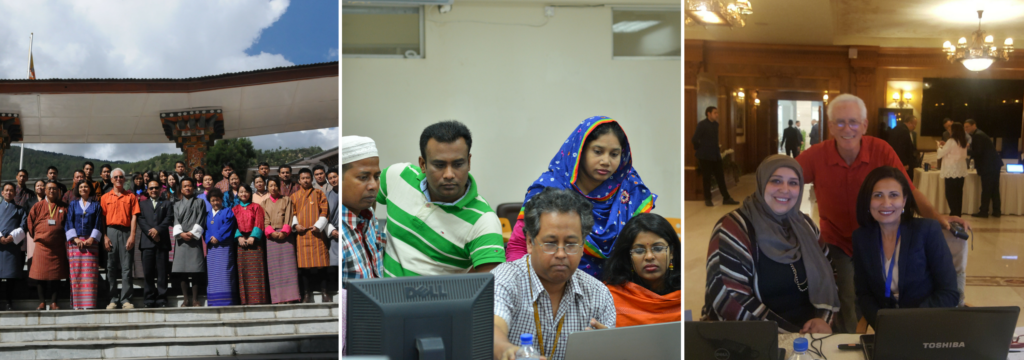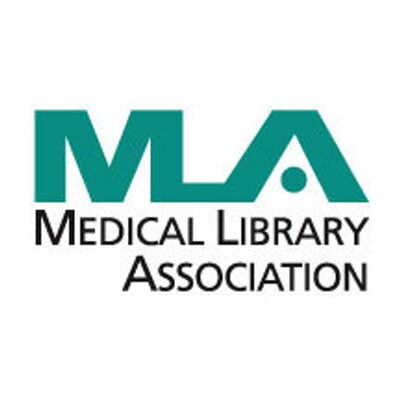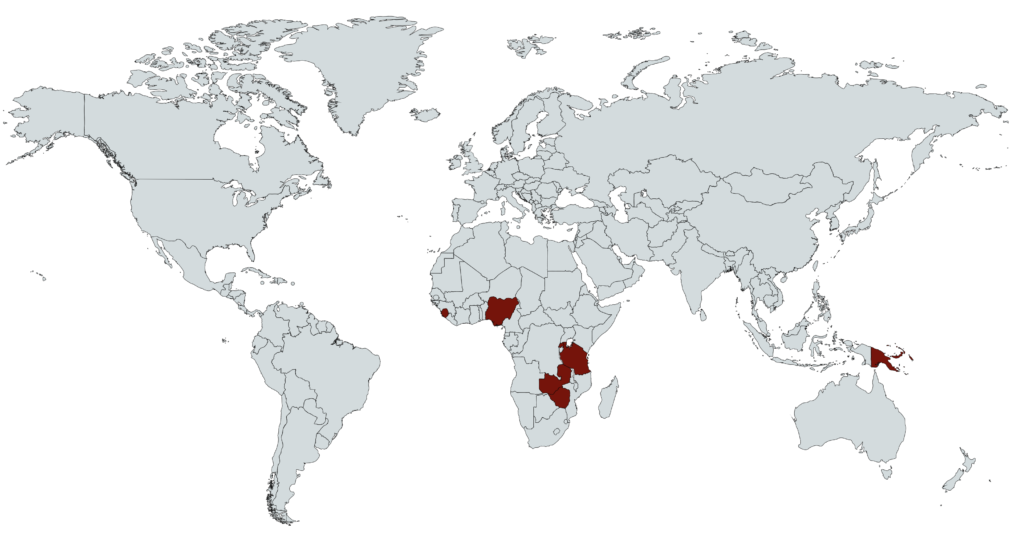Librarians without Borders

The Librarians without Borders (LwB) was founded in 2007 by the Medical Library Association (MLA) and supported by the Elsevier Foundation to provide essential face-to-face, train-the-trainer workshops for the R4L community.
Supporting librarians worldwide
Before the digital revolution, practicing evidence-based health care, policymaking or education in developing countries was virtual impossible. In 2001, that slowly began to change, first with Hinari, WHO’s biomedical free and low cost access to research program and later with open access and Research4life (R4L) which comprises 5 programs including Hinari, 100,000 peer reviewed resources, 9,000 registered institutions and 200 publishing partners. Despite these gains in access however, many researchers, doctors, librarians and policymakers in developing countries still suffer from a lack of information literacy.
Since 2016, LwB also supports a corps of librarian trainers through annual training grants. To date, the partnership has awarded 15 training grants, conducted 90 workshops in forty-two countries and developed a decade worth of training modules. The 2019 FAO R4L MOOC supported by the Elsevier Foundation will complement LwB’s efforts, helping to scale up virtual training reach and offering participants a required pre training for face-to-face LwB workshops.
Beneficiary group: Researchers, faculty, students and staff from governmental and local non-governmental agencies.
Budget: $45,ooo.
The Elsevier Foundation funds often are leveraged with additional resources from UN agencies or participating institutions.
Location: Developing and emerging countries.
- Increase the number of trainers based at R4L registered institutions, including health information professionals, researchers and lecturers in multiple disciplines, and post-graduate and medical students whose activities will result in a cascading effect on users from their institution.
- Build the R4L repository of learning and training with timely and relevant materials, a critical and ongoing activity.
- Inform and align LwB training with the FAO R4L MOOC curriculum.
- 5 grant projects completed in Rwanda, Zimbabwe, Sierra Leone, Tanzania and Nigeria – many of them built on previous grants as longstanding collaborations with the host institutions.
20 funded projects since 2016.
2 Hinari ‘Train the Trainers’ workshops completed by the coordinator, Lenny Rhine: - Zambia Library Consortium/University of Zambia; July 2019. 34 participants: health information professionals from several regions.
- University of Papua New Guinea School of Medicine and Health Sciences Library; November 2019. 40 participants: health information professionals, lecturers and clinicians and key National Department of Health staff.
- Continue to align the LwB training with the FAO R4L MOOC to create a streamlined training offering going forward
- Update face-to-face training material, in collaboration with ITOCA.
- Highlight underutilized resources via the work of a R4L taskforce.
- Update the author skills material to include better coordination with other agencies (INASP) and publishers that have similar resources and conduct related courses.
- Together with the staff of the WHO Country Office in Papua New Guinea, LWB is piloting a follow-up strategy focusing on updating individuals trained in the past 3 years, a ‘rollout’ for National Department of Health (NDOH) training, and integration of research strategy using R4L resources for the NDOH’s five-year strategic plan.

Read more about the partnership:
News

Challenge winners pioneer eco-friendly sanitary pads and climate resilience in medicinal plants

Winning Chemistry projects tackle waste management and extreme climate conditions with innovative real-world solutions and a focus on gender equity

Five Pioneering Women Scientists from the Global South Honored with the 2025 OWSD-Elsevier Foundation Award for Transformative Health Research





















